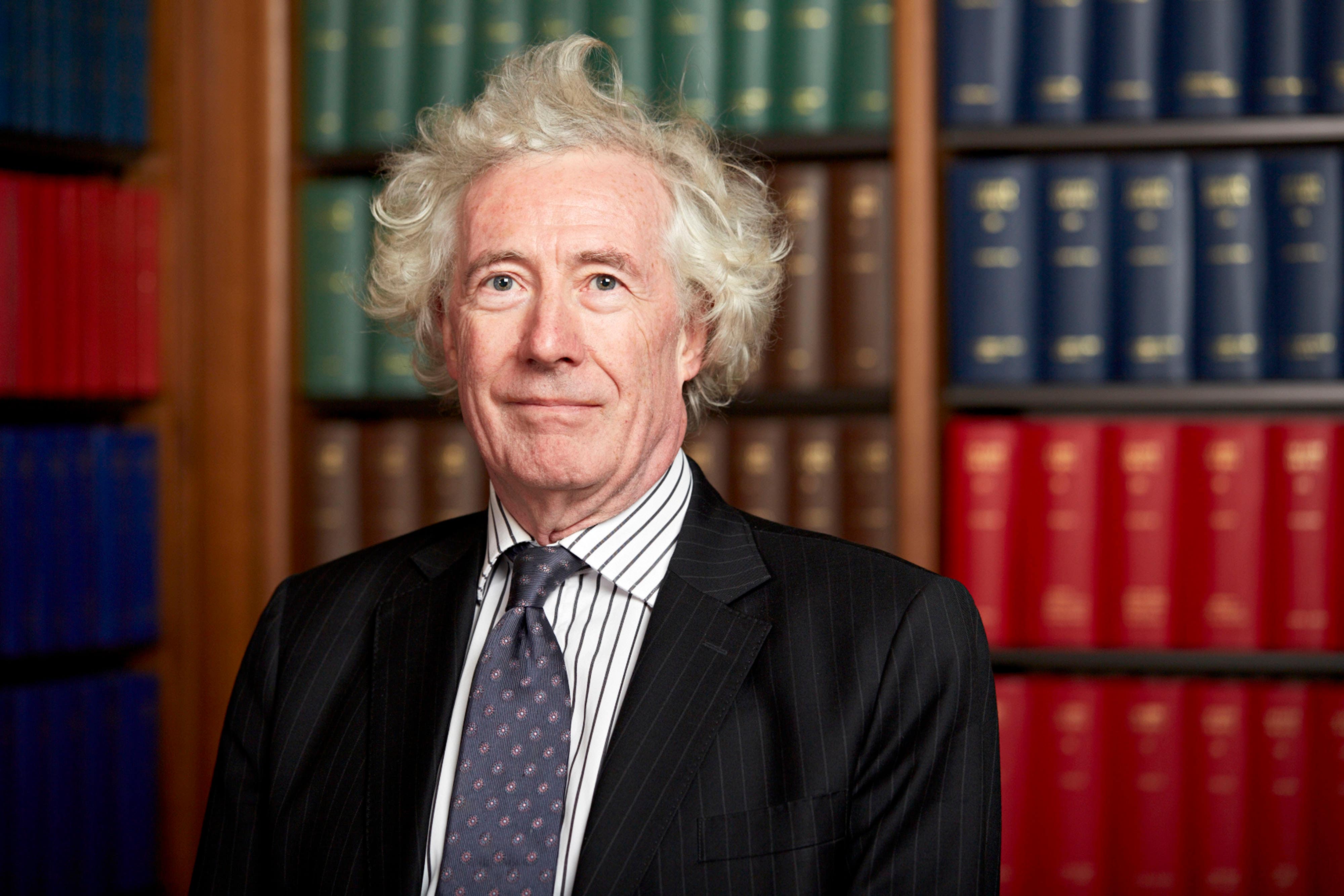ARTICLE AD BOX
Former Supreme Court judge Lord Sumption has warned that organisations are potentially misinterpreting the landmark ruling which defined women by biology last week.
Lord Sumption told BBC Radio 4’s PM programme that, contrary to much of the commentary on the Supreme Court ruling, judges did not take a side and did not provide an obligation to create single sex spaces.
The ruling has been interpreted by many as an exclusion of trans women from single sex women’s spaces.
The ruling followed a legal challenge against the Scottish Government by the campaign group For Women Scotland (FWS) over the definition of “woman” in Scottish legislation mandating 50 per cent female representation on public boards.
Lord Sumption’s comments come after Baroness Falkner, chair of the Equalities and Human Rights Commission, suggested that she would pursue NHS trusts which did not protect single sex wards.

Instead, Lord Sumption argued that while many have taken the ruling to mean that service providers are obliged to provide single-sex spaces based on biological sex - in fact, the ruling meant that excluding transgender people from single-sex spaces was allowed, and not a breach of the 2010 Equality Act.
He said: "That's the main point, which I think has been misunderstood about this judgement. I think it's quite important to note that you are allowed to exclude trans women from these facilities. But you are not obliged to do it.
“So, for example, the authorities of a sport such as women's boxing, women's football, are allowed to limit it to biological women. They were not in breach of the discrimination rules of the Equalities Act. But the judgement does not mean that the sporting authorities have got to limit women's boxing or women's football to biological women."
Lord Sumption was also asked about comments from Baroness Falkner that the ruling meant that trans women could no longer take part in women's sport, be on single sex wards and that changing rooms must be based on biological sex.
In response he said: "No, I don't think that's true [...] I don't think Baroness Falkner is right to say that you can't have trans women in women's sport. Simply that, if you decide not to have them you aren't breaking the law... I think they have gone to a great deal of lot of trouble to avoid to take sides in the ideological debate."

In response to Lord Sumption's comments, Baroness Falkner told PM she felt she had been misinterpreted: "The Supreme Court judgment has clarified that, where a service or sport meets the conditions to be provided on a single-sex basis, this must be done on the basis of biological sex. This applies to sports which are ‘gender affected’ and to services like hospital wards or changing rooms in gyms.
"Once a service or sport has properly been designated as ‘women-only’, that means it is for biological women.
"If people who are biologically male are permitted to take part in a women’s single-sex sport or use a women’s single-sex service, it will no longer meet the conditions for being provided on a single-sex basis."
Campaigners in favour of protecting female biological status, including Harry Potter author JK Rowling, have been celebrating the result, while most in the trans community have reacted with dismay.
The FWS dispute centred on whether someone with a gender recognition certificate (GRC) recognising their gender as female should be treated as a woman under the UK 2010 Equality Act.
FWS had previously said not tying the definition of sex to its “ordinary meaning” could have far-reaching consequences for sex-based rights, as well as “everyday single-sex services” like toilets and hospital wards.
However, lawyers for the Scottish Government told the Supreme Court at a hearing in November that a person with a GRC is “recognised in law” as having changed sex.
Trans activist Jaxon Feeley told The Independent that the ruling would be impossible to police and will lead to trans men being forced to use female toilet facilities.
He said: “If I walk into a [women’s] toilet now and say: ‘Well, I was assigned female at birth’, people are not going to be happy about that. I feel like people are going to be quite intimidated by that.
“It not only obviously puts [biological women] in a difficult situation, but it also allows any [cisgender] man to walk into any so-called official single-sex space now and say, ‘Well, I was assigned female at birth.’ How are you policing that? You can’t police that.”



.jpg?trim=0,50,0,50&width=1200&height=800&crop=1200:800)





 English (US) ·
English (US) ·